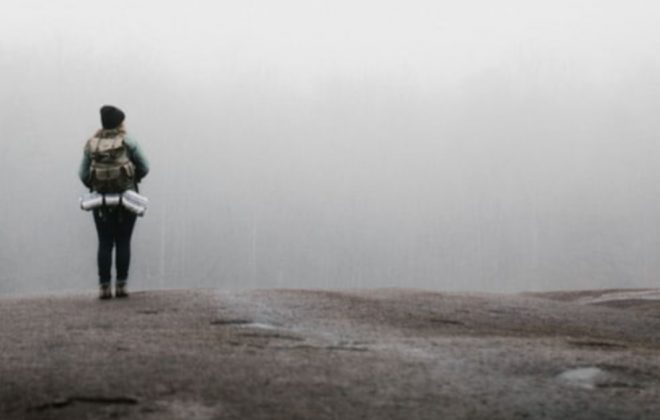
Improv and Traveling
Some people don’t travel because they’re scared of the unknown. With improv training, it is easier to face the unknown and have an awesome time doing it! That’s why improv can be a great help with traveling.
The first integral part of any traveling experience is figuring out what you’re going to do, whether this be planned months in advance or on the day of. The improv skill that comes in handy here is “yes, and.” Yes, and-ing things while you’re traveling can lead to some super fun experiences. Your friend wants to go backpacking across Europe with you? Yes, and let’s go for a month! Guy outside a museum hands you a pamphlet and says “come inside”? Yes, and I’m ready to learn about the culture and history of whatever place I’m in! Some of the best experiences you can have while traveling come from seeing a random brochure for an event somewhere and just being like, “hey, why not?” Trying new things is probably the best and most important part about traveling. Want to try this sushi you’ve never had before? Yes, and I’ll take a bit of wasabi on the side, too!
Traveling is amazing, but it’s not all just fun and games. Sometimes it really can be scary. When it gets scary, you need to be able to think on your feet. In improv, you need to be able to think of situations and lines in a split-second. This sort of mental training can come in handy when you face emergencies in travel. Lots of things can happen while traveling that can cause some panic. With improv, you can have the mental capacity to, instead of panicking, just think “okay, what’s the next step in this situation?” If you’re stranded in Madrid for a night with no place to stay and your friend is having an anxiety attack because of it, you need to be the one to figure out what you’re going to do. If you’re trapped on a mountain in the middle of the night and all the gates leading off the mountain are locked, improv training can help you come up with a creative solution. Being able to think on your feet is so important when traveling, because you’re probably going to find yourself in lots of situations that you were unprepared for.
Something else about improv training that most people don’t think about but is actually useful is pantomiming. What do you do if you’re in a foreign country and desperately trying to explain something to someone who doesn’t speak the same language as you? Sometimes the best way to go is to pantomime. People who have been well-trained in improv are skilled pantomimers, and are probably going to be able to get their point across a lot better than non-improvisers. To give an anecdotal example, one time I had a couple drinks in Tokyo with some friends, and we decided to go to a McDonalds. Now, I speak a bit of Japanese, but I have no idea how to say “chicken nugget.” Being tipsy and determined, I wasn’t about to let a little language barrier stop me. Confidently, I went up to the cashier and began pantomiming eating chicken nuggets. I actually succeeded, for a few minutes later they were handing me a 6-piece box of them. This just goes to show that with a little confidence and a bit of improvisational skills, if you’re really desperate you can use pantomiming to communicate quite a lot of things.
There are many ways for improv training to help with traveling. If you can keep these in mind on your adventures, you can have a lot of fun. Don’t be afraid of the unknown. Embrace the unknown, and you’re sure to do well.
Tags In
Related Posts
Categories
- Advocacy (1)
- Articulate (2)
- From the Advisory Board (1)
- Improv (13)
- Improv and Children (6)
- Improv Exercises (28)
- Improv Life Lessons (23)
- Interviews (2)
- ITG Blog (29)
- ITG Games and Exercises (26)
- ITG Podcasts (3)
- Look Who Gets It (10)
- Meditation (1)
- Neuroplasticity (5)
- Self-Care (9)
- Storytelling (3)
- Teamwork (6)
- Therapy (5)
- Yes, and (13)




